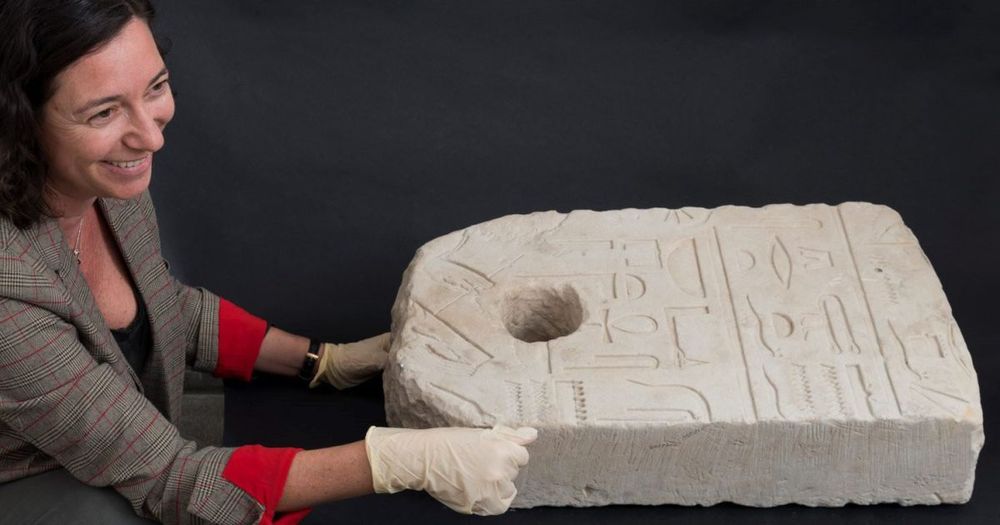Swarms of microrobots will scuttle along beneath our roads and pavements, finding and fixing leaky pipes and faulty cables. Thanks to their efforts, we can avoid costly road work that costs billions of dollars each year—not to mention frustrating traffic delays.
That is, if a new project sponsored by the U.K. government is a success. Recent developments in the space seem to point towards a bright future for microrobots.






